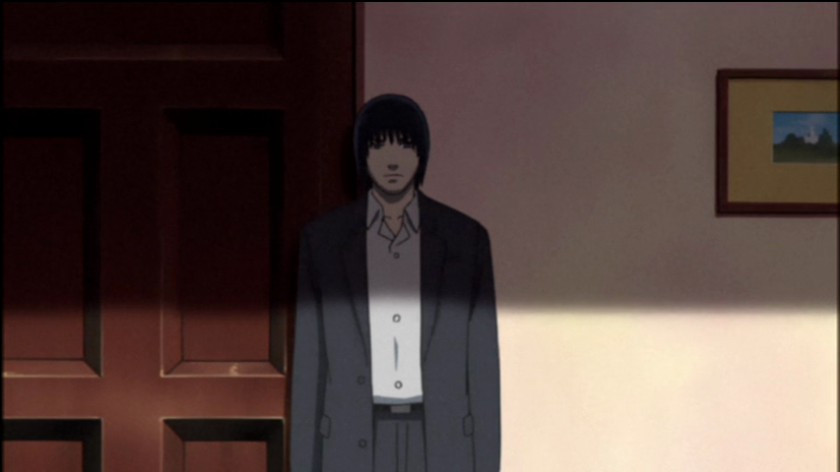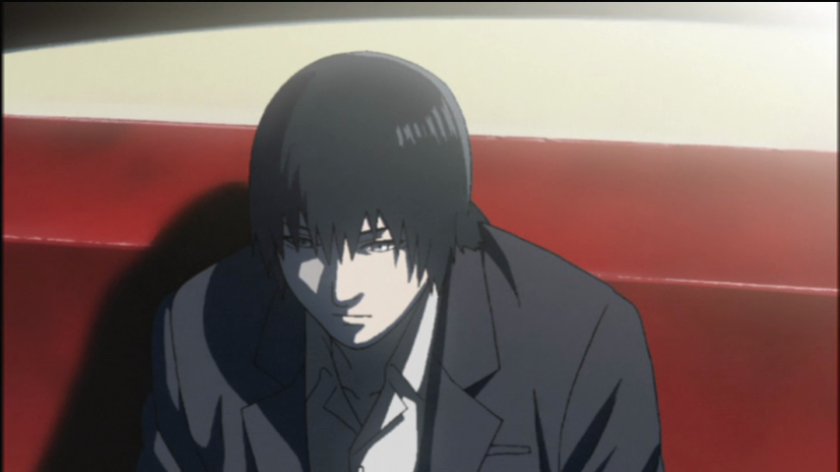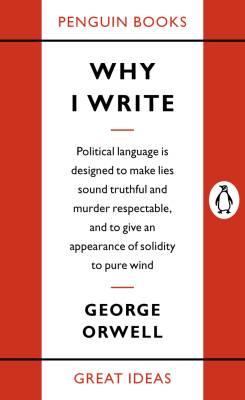
In the anime Paranoia Agent, the state of victimhood rescues people. People suffer from all kinds of stress – sometimes personal, sometimes moral – and and an American-looking dude hits them with a baseball bat. Once they get hit and fall unconscious, no one really cares about their past life. It’s all about helping the poor victims.
I don’t know how much the creator knew about Unit 731, but that anime is obviously tied to the atom bomb. Saying the atom bomb rescued the Japanese from admitting their war crimes may sound obscene, but isn’t there some truth to that? How many people know about the atomic bomb and how many know about their aggression in China in general? For example, in Israeli history students learn about the atom bomb but not one thing is said about the rape of Nanking or Unit 731. We see movies about the Holocaust often. Is there an internationally recognized day for the victims of Japan?
This isn’t about whether America should’ve bombed Japan or not. It’s an interesting, difficult discussion we mustn’t avoid – but it belongs in a different book. It’s about understanding what can drive people to do such horrors. The book doesn’t relish the gore on display. there are some juicy details – babies being bathed in frozen water, a person being constantly executed and somehow never dying, diseased people forced to have sex and then give birth. The point is more about shocking you that yes, people can do these things.
Haven’t we learned this lesson from the Nazis? Yes, we did. The difference is, the Nazis were losers and were the villain. Stories about the Holocaust may horrify us, but we often distance ourselves by painting the Germans as a bunch of villains smokin’ cigars and laughing maniacally. Japan were supposed to be victims. When one country – and the losing country at that – does it it’s just villainy. When a people that are supposed to be victims do it and the winners sweep it under the rug, it becomes scary.
When people object to the ‘tyranny of science’, they may sound like a bunch of crazy luddites. The scientific theory is one of the integral pillars of civilization. It’s hard to imagine where we’d be without science. No idea is safe from corruption, though. The idea of people torturing and inflicting pain in the name of science may seem like recipe for a cartoonish villain in a Hollywood movie.
That’s reality, though. One reason Unit 731 was allowed to remain hidden was because the data was precious enough. The scientists were given immunity if they handed over all the information they received. Many of them went to acquire high positions in Japan, especially academic positions. Even the history of something as great as science is stained by blood.
It’s a perfect example of how horrible war is. Since the data from Unit 731 was pretty useful for biological warfare, many of the masterminds could go on with their lives, being scientists if they handed their data. In a way, they got redeemed because of the action that demands redemption. Imagine if Dr. Mengale was given a high position in a university because he made some scientific discoveries.
The history is fairly brief, since the main role of the book is to deliver the testimonies. It’s a good piece of history, but not a very detailed one. As an introduction into the topic though, it’s good enough. The writing is precise, not too filled with jargon and the story is fairly easy to follow. The book creates a unique niche of itself in the literature of Unit 731 – by providing an easy introduction and a more personal look.
As for the testimonies themselves, what Gold says in the introduction is true. They’re messy, sometimes a bit incoherent. That’s okay since they’re speeches by people who are trying to remember a horrible event from a long time ago. The messiness of it also comes from how the people in the unit didn’t know what they were doing. The testimonies come mostly from low-level workers. The masters weren’t going to risk their position in Japan.
Some testimonies are better than others, but I understand the inclusion of them all. Unit 731 was destroyed. Everything was blown up and footage and pictures were hidden or destroyed, too. We will never have access to the full story, so we must make do with the little we have. Don’t expect to get a coherent story out of these. It’s a collection of anecdotes, but fascinating ones.
They’re presented with a minimalism that’s frightening. Imagine if Raymond Carver wrote a collection of short stories about people in a laboratory conducting these experiments. Then again, what other way is there to tell these stories? They’re blunt. Details aren’t gory, they’re just there. Some horrors cannot be painted with any language. You cannot express being horrified and you can’t tell the full details. Just saying they forced diseased people to have sex is enough to cause a shock.
It’s soaked in pain. Reading this book is both easy and difficult. The language is as minimalistic as a hard-boiled thriller, but to know so much pained was caused by human beings can be too much. As harsh as they are, we need these stories of pain. This book is an anti-war book. If there was no war, it’s possible Unit 731 wouldn’t have existed.
Now, I don’t think we can just lay down our arms and war would be over. Both sides need to lay down their arms for this to happen. Yet what will cause them to do it? At some point, I don’t think ideological or territorial conflicts matter much. We need to stare at the abyss without blinking, without romanticizing it or dramatizing it. We need the cold, hard facts of how much pain war causes. It really doesn’t matter whether Japan should be hated for what they did, or be forgiven because they got the atom bomb. What matters is we humans are capable of producing such pain, but no one wants to suffer through this. Until all of us – and I’m including every single continent, since the narrative is of ‘Evil West’ is too easy to swallow – are horrified by war, it won’t stop.
Reading about Unit 731 is essential. This far into human history, it’s time to know exactly how much pain war causes. War doesn’t only result in people shooting each other. Civilians are murdered in their homes. Great ideas like science are being abused. Schools today preach a lot about the glory of programming and getting your own start-up company. I don’t think this is what will prevent another Unit 731.
4 out of 5








